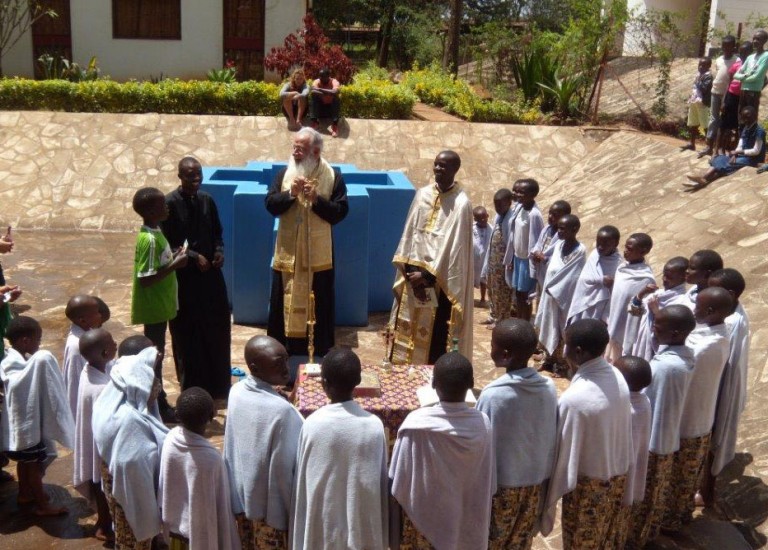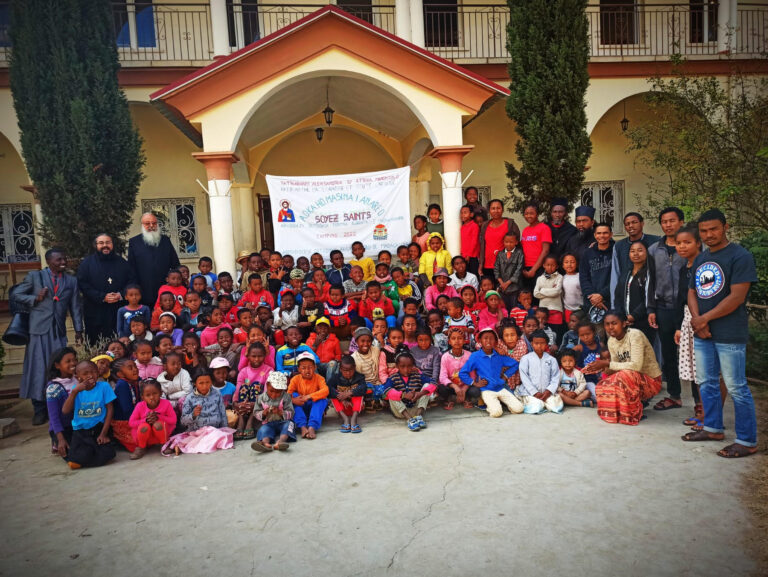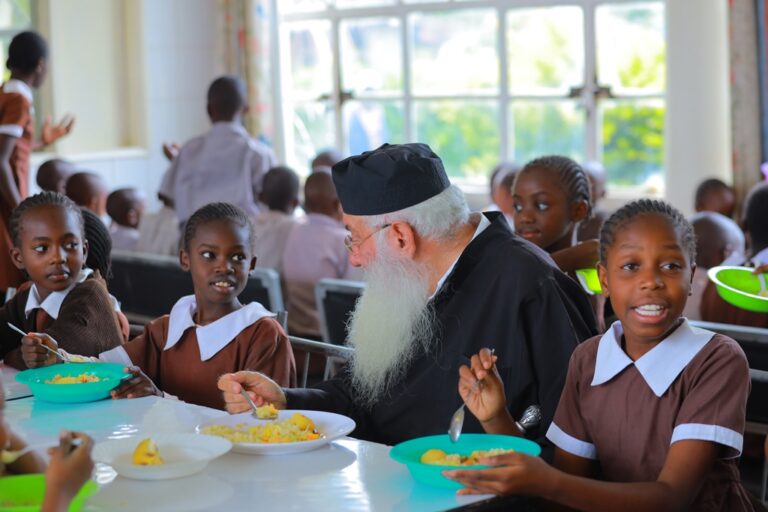The taste of vinegar
As man’s soul is deprived of material goods, God strengthens it and prepares it for a spiritual uplift and a life of bliss, peace and innocence. Still, one sees that the struggle of this soul is a spiritual exercise, even if it seems tired, afflicted and unhappy. In the end, he enters into that euphoria of unspeakable exuberant humility and joy of unquenchable joy. It is worth emphasizing that food, too much food, usually makes us slaves to our bodies – because we believe that the more weight we put on, the safer and healthier we will feel. But alas! The opposite is true. We will suffer from fatness, which, in the end, makes us stiff, sick and unhappy. But unfortunately we are slaves to our passions out of conviction and stubbornness, believing that what relates to the material part of our existence is the most important, the most necessary. But this is not the reality. We are deprived of the unique and irreplaceable spiritual nourishment that comes through our participation in the sacraments of the Church, through which we are sanctified and regenerated. Only at this moment will we see the light that comes from our Lord Jesus Christ. Every day, here in our mission field, we live true days and authentic moments from the first Christian hour. We preach the Gospel of Christ, especially to the humble and innocent souls of young children. Through education, education, where academic knowledge and religion meet, the Orthodox faith is taught.
In our school, which is housed in the courtyard of the Metropolis, 450 children from poor families gather every day. Perhaps most of them have no parents, or even live with only one parent, mainly their mother. Poor little creatures! One would think and say without a second thought: unhappy. But their unhappiness hides something precious, hides a treasure. We experience their pain with them every day and try to help them as much as we can to ease it. Among them, several stand out for their seriousness, diligence and devotion to Christ and Orthodoxy. This age is the best and safest point of reference.
Paul is one of them.. He’s charismatic. He’s poor. If you see him, you’ll think he’s a Christ-like man, because he’s dressed in rags and his appearance is untidy. He lives with his mother, who, in order to raise him, has set up a small cabbage shop on the roadside, right at the entrance to our Patriarchal School. In this way he secures little money, of course, for their survival. We offer free school, breakfast and lunch. This boy, among other qualifications, is first in his class. He is never absent from the daily holy services, which are held morning and evening in the church of St. Sophia. He has a wonderful delicate voice – he is only eleven years old. He is usually in the choir of the seminarians and everyone is amazed, because he knows the sounds perfectly. She is overjoyed, for she seems to know better than we do the secret of true happiness.

One day, after vespers, he followed me to my office. The questions relating to Christ, the Apostles and, in general, Orthodoxy, were frequent. So, while we were talking, I noticed that he was puzzled by my answers. He explained to me seriously that he plans in his life to become a priest and a great theologian, so he wants to prepare himself. Our conversation continued and the young man seemed satisfied. I invited him to the kitchen to offer him something to eat, because I realized that he was hungry. There were two bottles on the table. One contained oil and the other vinegar. So he asked:
-What’s that in the bottle?
-It’s vinegar, which we use to make food tastier.
-I’ve never seen it before in my life.
-We often use it for therapeutic purposes as well, mixing it with earth.
Puzzled, then, he said:
So, if I understand correctly, this is the vinegar they gave to Christ when he was on the Cross?
-Exactly that.
-Can I try it?
-Of course.
Then I filled a spoon with vinegar and tasted it. His reaction was obvious. He didn’t like the taste. And he commented:
I thought it would be good to know how Jesus felt when they gave it to him. I also wanted to see how the Lord struggled at that terrible moment when He was on the Cross. Now I understand how much he suffered and hurt.
The Kenyan Macarius









